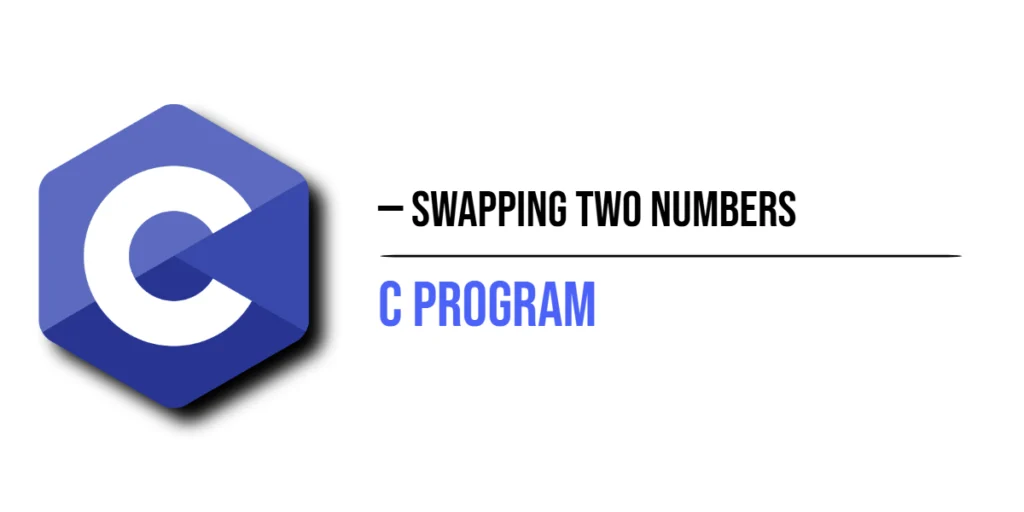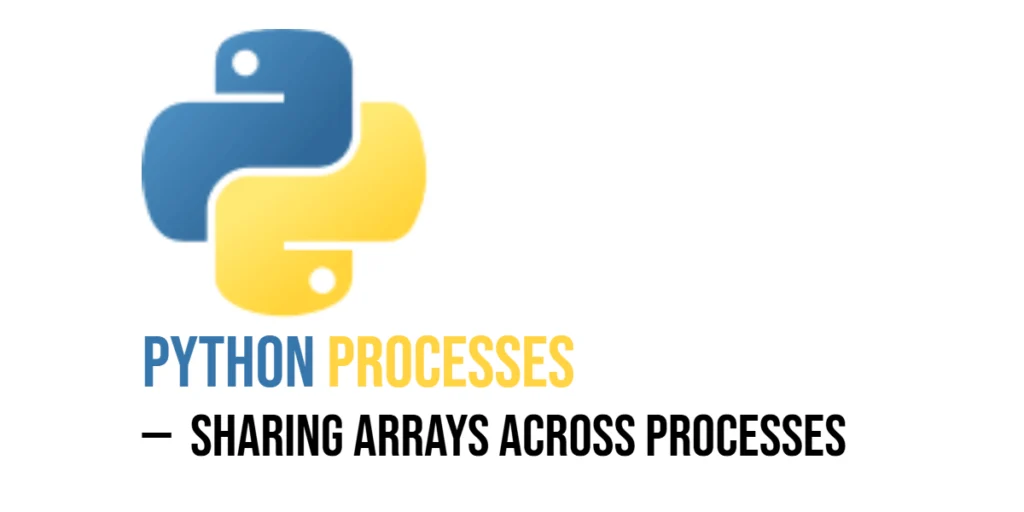Swapping two numbers is a common task in programming, and learning how to do it in C is essential for every beginner. Understanding the swapping process helps you grasp how variables store values and how to manipulate them. In this post, we will cover two main ways to swap numbers: using a temporary variable and without using a temporary variable. We will provide full executable code examples, explain every step in detail, and discuss common beginner mistakes. By the end, you will not only be able to swap numbers efficiently but also understand the reasoning behind each approach.

with hands-on learning.
get the skills and confidence to land your next move.
Swapping numbers might seem like a simple task, but it introduces important concepts such as variable manipulation, arithmetic operations, and bitwise operations. These concepts are foundational for more advanced programming tasks like sorting, algorithms, and memory management. We will guide you through each method step by step, ensuring you understand the process fully.
Swapping Two Numbers Using a Temporary Variable
The most straightforward way to swap two numbers in C is by using a temporary variable. This method is easy to understand and avoids complications like arithmetic overflow. Here is a complete example:
#include <stdio.h>
int main() {
int a, b, temp;
printf("Enter the first number: ");
scanf("%d", &a);
printf("Enter the second number: ");
scanf("%d", &b);
printf("Before swapping, first number = %d\n", a);
printf("Before swapping, second number = %d\n", b);
temp = a; // Store the value of a in temp
a = b; // Assign the value of b to a
b = temp; // Assign the value stored in temp to b
printf("After swapping, first number = %d\n", a);
printf("After swapping, second number = %d\n", b);
return 0;
}In this program, the variable temp temporarily holds the value of a. Then, the value of b is assigned to a, and the original value of a is moved from temp to b. This completes the swap safely. This method is clear, easy to read, and recommended for beginners.
Swapping Two Numbers Without a Temporary Variable
While the temporary variable method is simple, C also allows swapping numbers without using an extra variable. This can be done with arithmetic operations or the bitwise XOR operator. These methods are useful for understanding how variables can be manipulated directly.
Using Arithmetic Operations
Arithmetic swapping uses addition and subtraction to exchange values:
#include <stdio.h>
int main() {
int a, b;
printf("Enter the first number: ");
scanf("%d", &a);
printf("Enter the second number: ");
scanf("%d", &b);
printf("Before swapping, first number = %d\n", a);
printf("Before swapping, second number = %d\n", b);
a = a + b; // Combine both numbers
b = a - b; // Subtract b to get the original value of a
a = a - b; // Subtract new b to get the original value of b
printf("After swapping, first number = %d\n", a);
printf("After swapping, second number = %d\n", b);
return 0;
}Here, a temporarily stores the sum of both numbers. Then b is assigned the original value of a by subtracting its current value from a. Finally, a is updated to the original value of b. This approach is efficient but can cause integer overflow if the numbers are very large.
Using Bitwise XOR
The XOR method is another way to swap numbers without a temporary variable:
#include <stdio.h>
int main() {
int a, b;
printf("Enter the first number: ");
scanf("%d", &a);
printf("Enter the second number: ");
scanf("%d", &b);
printf("Before swapping, first number = %d\n", a);
printf("Before swapping, second number = %d\n", b);
a = a ^ b; // XOR a and b
b = a ^ b; // XOR new a with b to get original a
a = a ^ b; // XOR new a with new b to get original b
printf("After swapping, first number = %d\n", a);
printf("After swapping, second number = %d\n", b);
return 0;
}The XOR operator rearranges the bits of a and b to swap the values. This method avoids arithmetic overflow but can be less intuitive for beginners. It is efficient and demonstrates the power of bitwise operations in C.
Common Mistakes When Swapping Numbers
Beginners often make mistakes when swapping numbers:
- Forgetting to use a temporary variable, which can cause both variables to end up with the same value.
- Using arithmetic swapping with very large numbers, which may lead to overflow.
- Misusing the XOR operator without fully understanding it, resulting in incorrect values.
To avoid these errors, test your code with different inputs and choose the swapping method that works best for your situation.
FAQs
Q1: Can we swap numbers in C without using a temporary variable?
Yes, you can swap numbers using arithmetic operations like addition and subtraction, or using the bitwise XOR operator. Both methods are valid, but the XOR method avoids overflow issues.
Q2: Which method is better for beginners?
Using a temporary variable is the easiest to understand and read. Arithmetic or XOR methods are tricks that can help in specific situations but are less intuitive.
Q3: Can these methods work with floating-point numbers?
The temporary variable method works with floats, doubles, and integers. The arithmetic method can work with floats but must be used carefully to avoid precision errors. XOR swapping only works with integer types.
Conclusion
Swapping two numbers is a simple yet fundamental concept in C programming. Using a temporary variable is clear and safe, while arithmetic and XOR methods offer alternative techniques for specific scenarios. Understanding these methods strengthens your grasp of variable manipulation, arithmetic operations, and bitwise operators. Practice each method, experiment with different values, and try swapping numbers in your programs to gain confidence.
Learning these concepts lays the foundation for more advanced programming tasks such as sorting arrays and implementing algorithms. Start by writing your own swapping programs, explore different methods, and gradually build your C programming skills.
References & Additional Resources
- Kernighan, Brian W., and Dennis M. Ritchie. The C Programming Language. 2nd Edition, Prentice Hall, 1988.
- GeeksforGeeks: Swap Two Numbers in C – Guide on swapping numbers.
- Tutorialspoint: C Programming Variables – Understanding C variables.
- OverIQ: C Input and Output – Using
scanf()andprintf()in C.







